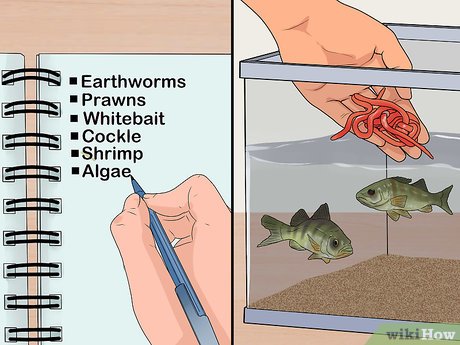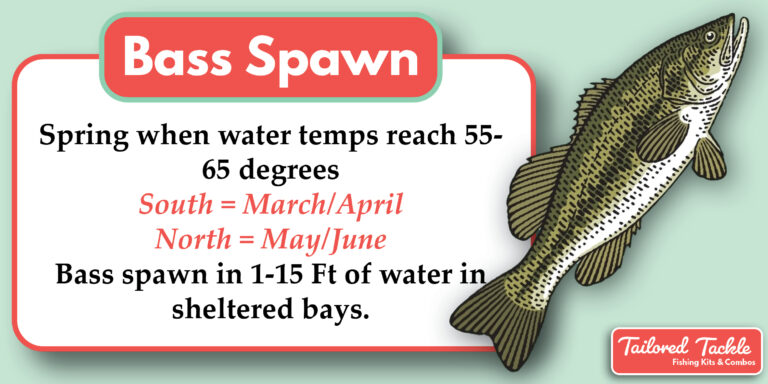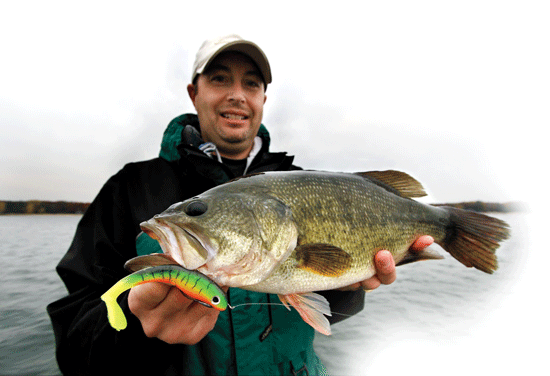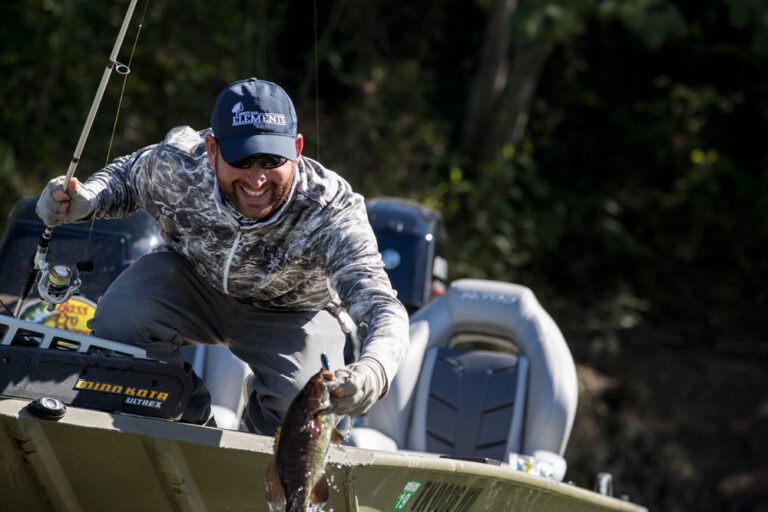How to Hook a Bass Worm
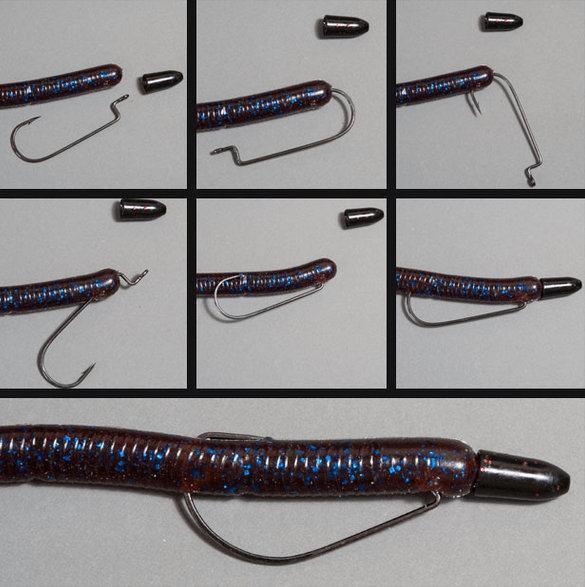
To hook a bass worm, thread the hook through the worm’s head and bury the barb in the body. Ensure the worm hangs straight to mimic natural movement.
Mastering the art of fishing with a bass worm is essential for any angler eager to reel in the big ones. Bass worms, a go-to lure in the world of sport fishing, come in various shapes and sizes, yet all require precise hooking techniques to be effective.
Anglers achieve successful catches by presenting these worms as lifelike as possible, making the proper hooking method crucial. A well-hooked worm entices bass by its realistic undulations as it navigates through the water, thereby increasing the likelihood of a strike. Whether you prefer plastic or live worms, mastering the correct hooking approach will undoubtedly enhance your fishing skills and success rate. With sharper hooks and better strategies, your next big catch is just a cast away.
Basics Of Bass Worm Fishing
Mastering bass worm fishing begins with the perfect worm choice. The key is understanding the bass’s dietary preferences. Bass typically hunt for crawlers that mimic their natural prey.
Different worms work well in varying conditions. Size, color, and action are crucial when selecting. A 7 to 10-inch worm is ideal for big bass. Yet, smaller bass often bite on 4 to 5-inch worms.
Choose colors based on water clarity. In clear waters, natural greens and browns are best. In muddier waters, opt for bright colors to catch the bass’s eye.
The worm’s action should imitate lively prey. Soft plastics that wriggle and twitch with the slightest movement prove irresistible to bass.

Credit: fishnatics.com
Tools And Materials
Hooking a bass worm requires some key items. Start with a variety of bass worms, them being the main lure. A selection of hooks from size 4 to 12 will cater to different situations. Include weights for depth adjustment. Weights can range from light to heavy. Ensure you have a reliable fishing rod and reel. A good line that is tough should be chosen. Always remember that sharp hooks are vital for success.
Sharp hooks make sure you catch that fish! They help the worm penetrate the bass’s mouth. A fish hook sharpener keeps your hooks sharp. Check your hooks before each trip. Replace dull hooks immediately for the best experience. Sharp hooks mean more fish and better catches.
Rigging Techniques For Bass Worms
The Texas Rig shines for its versatility. Anglers favor it for its effortless setup and weedless presentation. Start by sliding a bullet weight onto your line. Then tie on a hook before threading the worm to conceal the hook tip. This setup lets the worm glide over rocks and weeds, making it less likely to snag.
For those fishing in deeper waters, the Carolina Rig is ideal. It’s similar to the Texas Rig but with a leader. This separation between weight and worm allows for more movement. Consequently, the setup entices bass at greater depths, where they tend to hide.
The Wacky Rig is distinct. It involves hooking the worm right in the middle. This technique creates a unique falling action that often triggers bites. Use it when the fish are unresponsive to other methods. It’s great for coaxing hesitant bass into striking.
Hooking The Worm
Mastering the Thread Method ensures your worm lure is enticing to bass. Begin by piercing the worm’s head onto the hook. Slide the worm along the hook’s shank. Stop before the bend. Make a second piercing farther down. This secures the worm and masks the hook.
To achieve a weedless setup, insert the hook back into the worm. The point should remain covered by the body, preventing snags. Proper hooking means more bites and fewer hang-ups. Practice this technique for an effective bass fishing experience.
Perfecting The Presentation
Casting techniques are crucial for catching bass with a worm. A smooth, gentle lob gets the bait in place without scaring fish. Aim to land the worm softly on the water. This mimics a natural fall, tempting bass to strike.
Next, focus on retrieval patterns. Begin with a slow retrieve, letting the worm sink deep. Use short, sharp jerks to animate it. Picture the worm as prey, darting away from predators. This movement provokes bass, triggering their instinct to chase and bite.
Advanced Tips And Tricks
Bass fishing changes with the weather. Cloudy skies mean bass might swim shallow waters. So, fish in these areas. On sunny days, bass hide in deep waters. Use longer casts and go deeper.
Adding scents can make bass worms irresistible. Garlic or fish oil are good options. Put them on your worm. Bass will smell and strike them faster. This trick also works well in murky water, where bass rely more on smell.
Common Mistakes To Avoid
Selecting the correct hook size is crucial for bass fishing. Large hooks can be seen and avoided by bass. Small hooks might not hold the fish well. It’s important to match the hook size to the worm size. Use a medium-sized hook for most worms.
Making a strong knot is key. Bad knots lead to losing fish. Use the Palomar knot for its strength and simplicity. Practice tying this knot until you can do it well. Always check knots for tightness before casting.
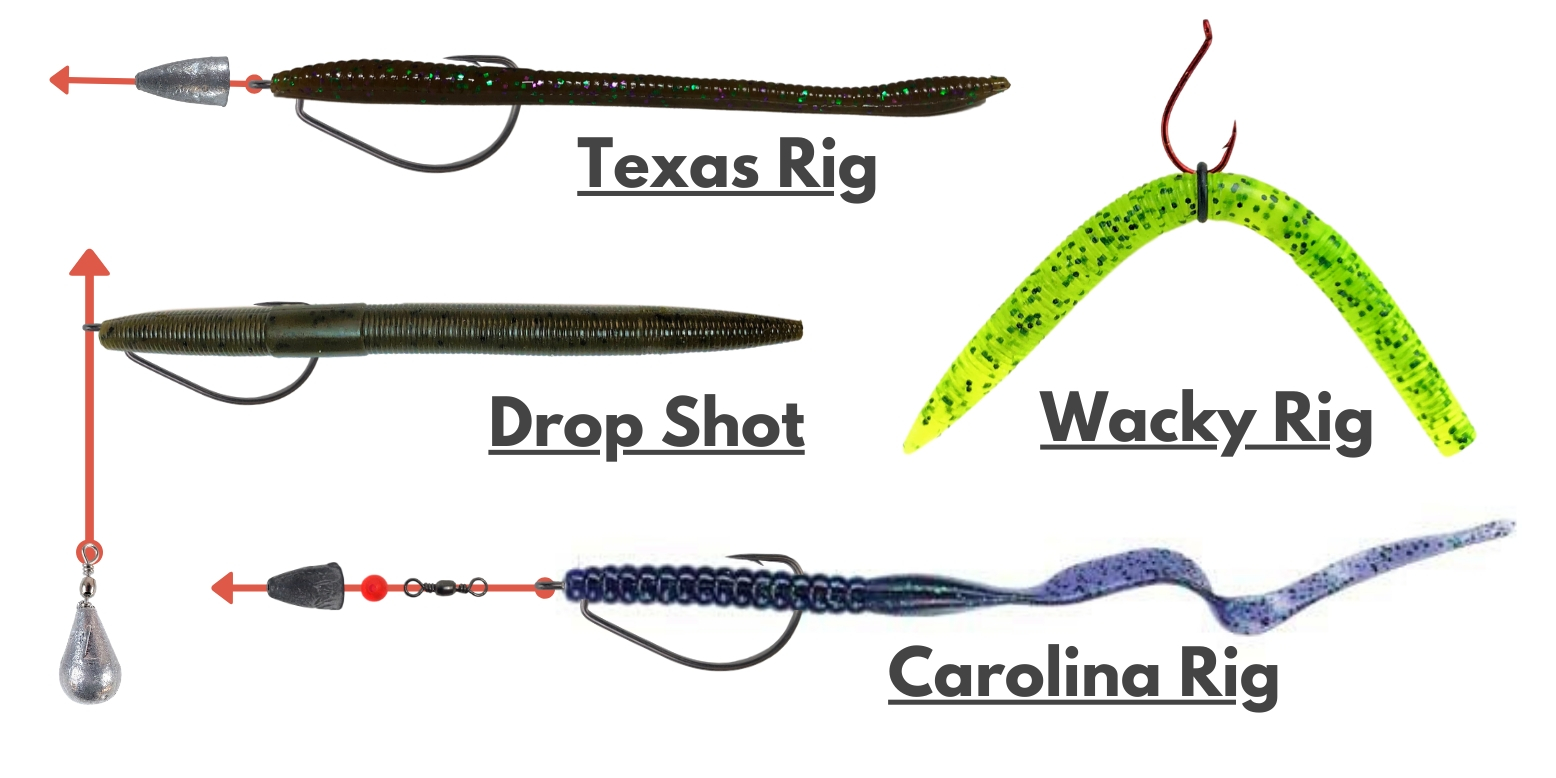
Credit: tailoredtackle.com
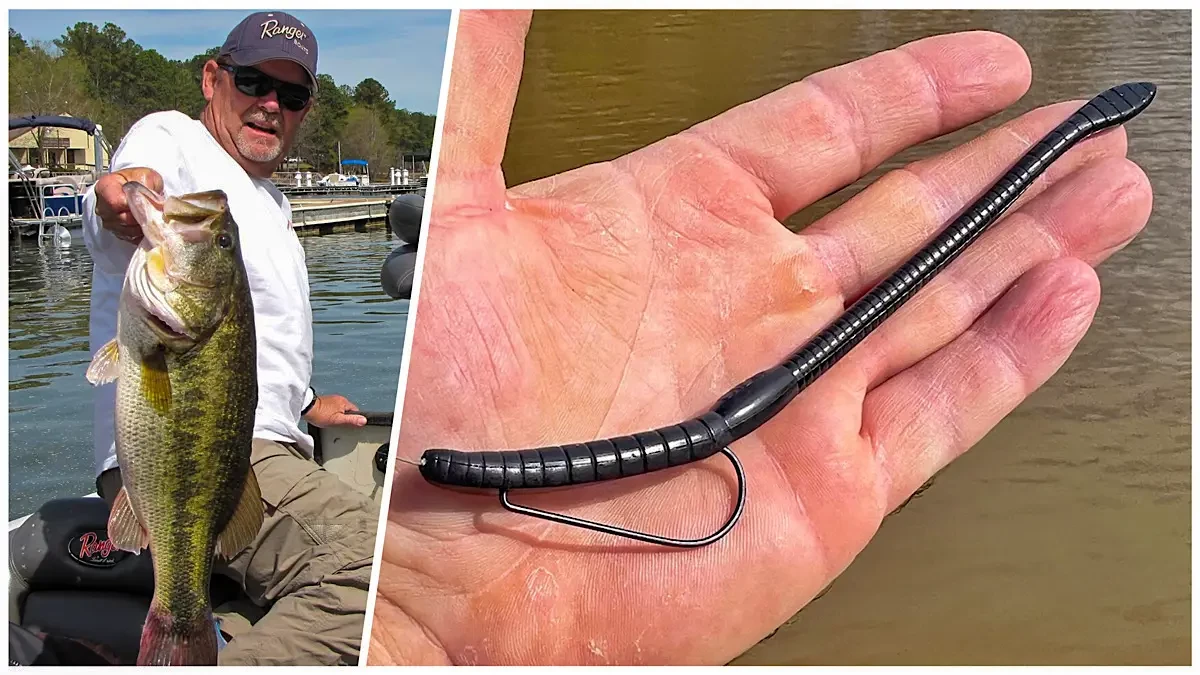
Credit: www.wired2fish.com
Frequently Asked Questions On How To Hook A Bass Worm
How Do You Rig A Bass Worm?
To rig a bass worm, select a suitable hook and worm. Thread the hook through the worm’s head, exit about half an inch down. Slide the worm up to the hook’s eye and embed the point back into the worm to make it weedless.
How Do You Hook A Live Worm For Bass?
To hook a live worm for bass, thread the worm onto the hook to cover the shank, leaving ends to wriggle and attract fish. Aim for a natural presentation.
How Do You Hook Bass Bait?
To hook bass bait, thread it onto the hook to mimic natural prey. Ensure the bait is secure but still moves freely to attract bass. Optimize for a straight, lifelike presentation.
How Do You Put A Hook Through A Rubber Worm?
To hook a rubber worm, poke the hook point through the head, thread it to the bend, then pierce it back through the body for a natural presentation.
Conclusion
Landing that elusive bass will no longer be a game of luck with your newly honed worm hooking skills. Embrace the techniques outlined and watch as your casts yield impressive results. Remember, practice makes perfect. Share your success stories and let’s continue to master the art of bass fishing together.
Happy angling!
